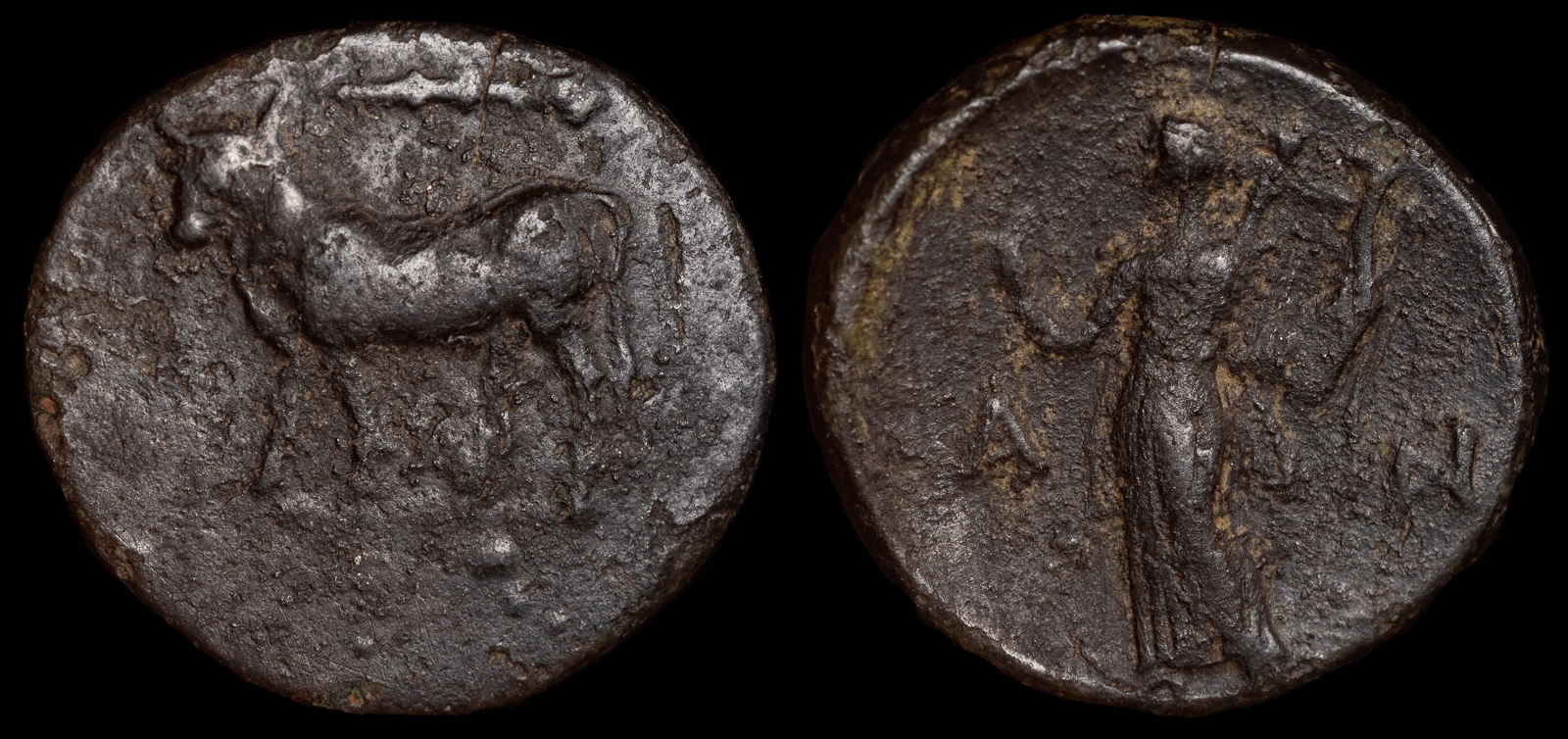Plectrum
View All Tags
In ancient Greece, the plectrum was often associated with the practice of music and was regarded as a tool that required skill to use effectively. The lyre, a popular instrument in Greek music, was often played with the plectrum, and it became symbolic of cultural pursuits such as poetry, philosophy, and the arts. The importance of the plectrum in Greek society was underscored by its appearance in artistic depictions, where it was shown as a common accessory in the hands of musicians, poets, and even gods, such as Apollo, who was often depicted playing the lyre.
In Roman times, the plectrum continued to be used for similar musical purposes, particularly for playing the kithara, an advanced version of the lyre. The plectrum became an integral part of Roman musical culture, especially in the context of public performances, religious ceremonies, and entertainment. Some Roman writings also mention the plectrum in relation to formalized music education, indicating that the skill of playing stringed instruments with this tool was highly regarded in Roman society.

Lesbos, Antissa
Circa 250-167 BCE
Æ 2.19g, 15mm, 11h.
Bull standing to left; club above
A-N, Apollo standing to left, holding lyre and plectrum
BMC 9; HGC 6, 870.